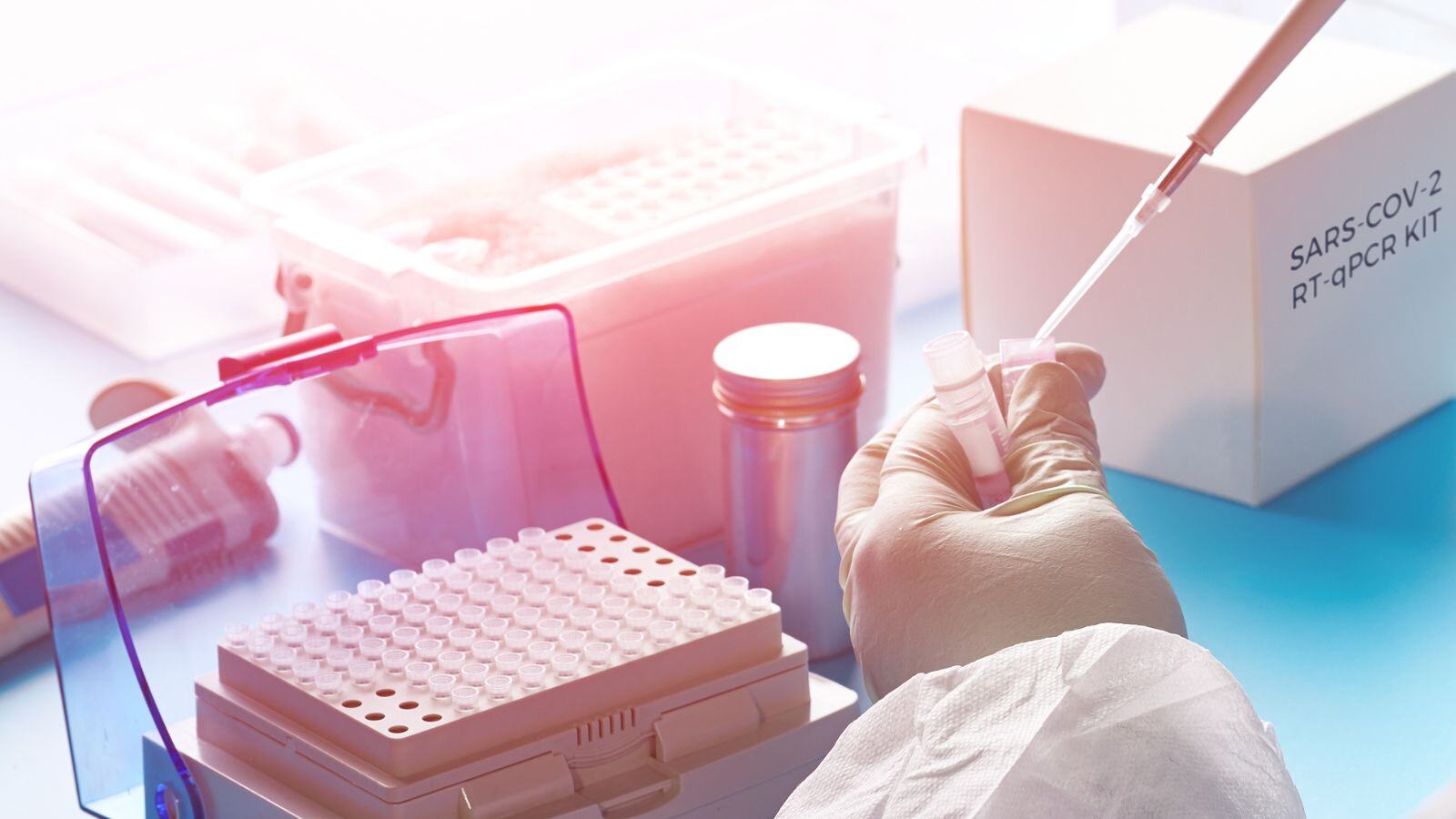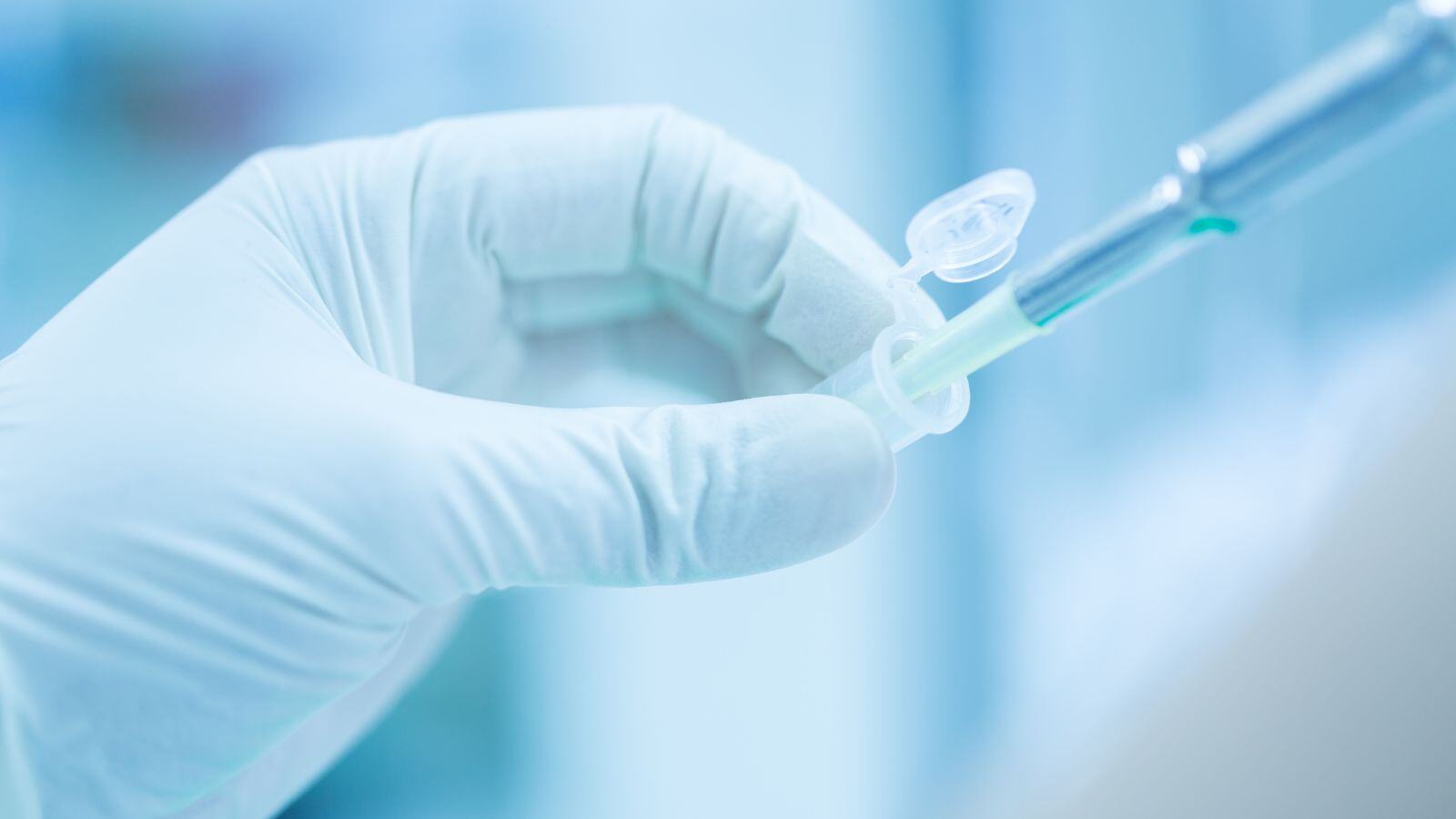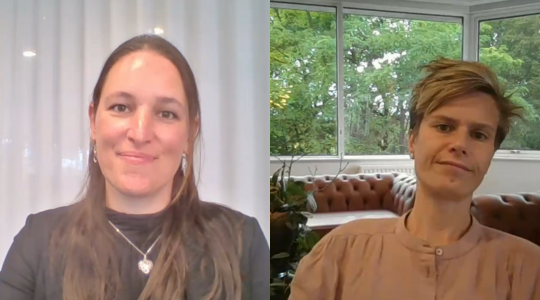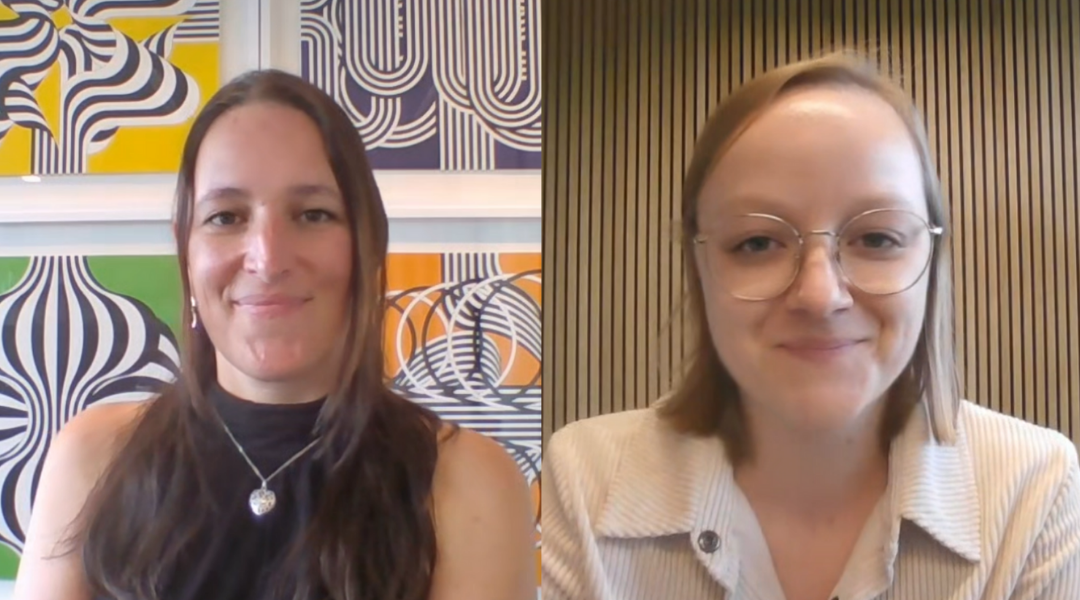.jpg?width=1280&height=720&name=Hero%20image%20(13).jpg)
Regulatory Procedures
There are various procedures to register pharmaceutical drugs, depending on the type of drug and your intended route to market. QbD Group’s consultants will walk the right path with you.
Regulatory procedures in the EU & UK
There are various procedures available to register pharmaceutical drugs in the EU and UK. The method chosen depends on the type of drug (Over the Counter – OTC, prescription drugs – Rx, Generics, new chemical entities, products derived from biotechnology, …) and the intended route to market.
European legislation foresees certain procedures for specific product types, e.g. the centralized procedure is mandated for products derived from biotechnology, orphan drugs, and drugs designed for certain disease groups such as AIDS, cancer, neurodegenerative disorders, and diabetics. Other products can be registered via the national route or using one of the European procedures, namely the Mutual Recognition Procedure (MRP) or the Decentralised Procedure (DCP).
Our UK-based team can also support you with the UK/GB National Applications and International Recognition Procedure.
Last, our experts can also support you in bringing your drugs to the US market.
National Procedure
If an applicant wishes to obtain a license in one Member State (MS) an application must be made to the national Competent Authority (CA) which then issues a national license. Since 1998 national licenses are strictly limited to the initial phase of Mutual Recognition.
Line Extensions
Regulation (EC) No 1084/2003 (MRP or DCP) and Regulation (EC) No 1085/2003 (for CP) describe in annex II the types of applications which fall outside the scope of “variations” but at the same time are not complete new applications. Annex II lists three main categories for existing licensed products with:
- Changes to the active substance.
- Changes to strength, pharmaceutical form, and route of administration.
- Other changes specific to veterinary medicinal products to be administered to food producing animals.
Mutual Recognition Procedure (MRP)
The MRP is based on the idea that a national license approved in one EU Member State (Reference Member State – RMS) should be mutually recognised in other EU countries (Concerned Member States – CMS). This is based on the assumption that the evaluation criteria in the EU member states are sufficiently harmonised and are of the same standard. At the end of a MRP national licenses are issued in the CMSs involved in the procedure.
Harmonisation throughout the life cycle of the product is ensured by the application of variations (detailed in Regulation (EC) No 1084/2003) simultaneously in the RMS and the CMSs. To this end the Marketing Authorisation Holder (MAH) must ensure that they have the resources to achieve this concurrent submissions in all countries involved in the MRP.
Decentralised Procedure
The Decentralised Procedure (DCP), in general, follows the same principles of the MRP. A licence approved in one Member States (MS) should be mutually recognised in other Member States (MSs) assuming that the evaluation criteria in the EU member states are sufficiently harmonised and are of the same standard. The DCP is to be used if the aim is to obtain marketing authorisation in several Member States (MSs) where, at the time of application, the medicinal product in question has not yet received a Marketing Authorisation in any MS. The main difference between the MRP and DCP lies in the fact that the Concerned Member States (CMSs) in a DCP are involved at the onset of the procedure as opposed to waiting for approval before an application is made in the CMS.

Centralised Procedure
In order to obtain a Community Authorization, an application is made to the EMEA – The European Medicines Agency. The application is scientifically evaluated by the Committee for Medicinal Products for Human Use (CHMP) or the Committee for Medicinal Products for Veterinary Use (CVMP). The European Commission receives an opinion within 210 days and drafts a decision on a Community MA. A MA granted under the CP is valid for the entire EU market.
The Centralised Procedure (CP) is mandated for:
- Biotechnology products
- Orphan medicinal products and
- Medicinal products containing a new active substance intended to treat acquired immune deficiency syndrome (AIDS), cancer, neurodegenerative disorders and diabetes
The procedure is optional for other products defined by Council Regulation 726/2004 namely:
- Therapeutically innovative products
- OTC products with a clear added value for the community
- Certain generic products
UK/GB National Applications & International Recognition Procedure (IRP)
Applicants can apply for marketing authorization in the UK either by submitting a national application or using the IRP for medicines already authorized by one of the MHRA’s specified Reference Regulator countries/regions e.g. U, US, Japan, Singapore, Switzerland, Canada or Australia.
References:
- Document: Notice to Applicant, Vol 2A, Chapter 1 “Marketing Authorisation”, 2005.
- Document: Notice to Applicant, Vol 2A, Chapter 2 – Mutual Recognition (updated version – February 2007)
- Document: Notice to Applicant, Vol 2A, Chapter 4 – Centralised Procedure (updated version – Avril 2006)
- Commission Regulation (EC) No 1085/2003 of 3 June 2003
- Commission Regulation (EC) No 1084/2003 of 3 June 2003
How we support you
Navigating the regulatory landscape can be complex, but with our expert guidance, you can confidently move forward. We offer tailored support to help you:
Choose the right procedure
Advise on a regulatory strategy
Make contact with authorities
Organise and lead meetings
.jpg?width=1080&height=1350&name=portrait%20image%20-%20website%20(23).jpg)
Why partner with QbD Group?
EXCEPTIONAL RA SERVICES THAT MEET YOUR NEEDS
Choosing QbD Group means partnering with a trusted leader in Regulatory Affairs. With over a decade of expertise, we provide tailored support across the entire product lifecycle, ensuring seamless compliance and customer satisfaction on a global scale.
- 10+ years of experience: benefit from our team of highly qualified consultants.
- Full life cycle support: full support from pre- to the post-marketing phase.
- Global presence: QbD Group operates globally, at QbD Austria with a special focus on Europe (EU) and China.
- Customer satisfaction: constant evaluation, transparency and clear objectives.

Related content
%20Checklist.jpg)







Get in touch
Have questions about regulatory procedures or need assistance with your pharmaceutical product registration?
Our team is here to help! Fill out the form and a QbD Group consultant will get in touch with you to provide personalized support.







.png?width=109&height=108&name=Pharma%20(2).png)
.png?width=111&height=108&name=Medical%20Devices%20(2).png)
.png?width=84&height=107&name=IVD%20(2).png)
